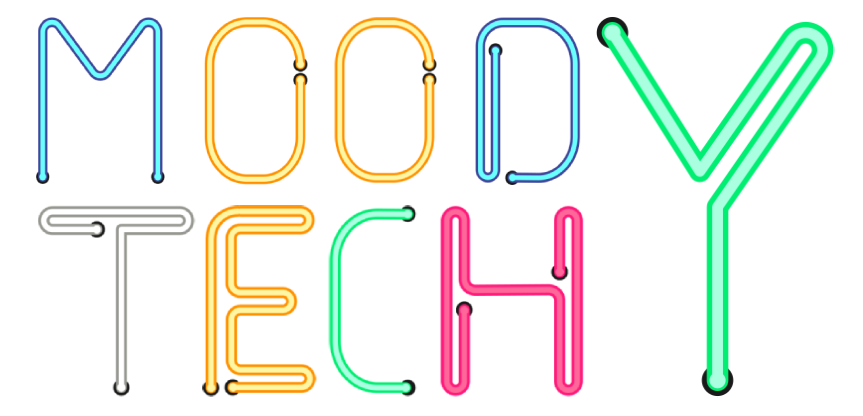The world of AI continues to evolve at breakneck speed, with recent developments signaling major shifts in the tech landscape. Two giants—Google and Apple—are leading the charge, albeit from different directions, as they gear up to redefine how AI integrates with our daily lives.

Google Gemini: A Game-Changer in AI Models
Google’s next-generation AI model, Gemini, has been making headlines for its anticipated launch in December 2024. Gemini is designed to rival OpenAI’s GPT-4 and promises capabilities that could push the boundaries of generative AI. Early reports suggest that it excels in understanding context, generating human-like responses, and processing complex tasks with increased efficiency.
However, there’s a twist. Apple, known for its tightly controlled ecosystem, has opted not to integrate Gemini into its devices—at least not yet. This strategic decision stems from Apple’s partnership with OpenAI, which prioritizes ChatGPT as the core AI model for Apple devices. As a result, Gemini will initially be unavailable to iPhone users, raising questions about the dynamics of competition in the AI space.
Apple and OpenAI: A Strategic Alliance
Apple’s collaboration with OpenAI aims to enhance the AI capabilities of its devices, embedding ChatGPT into core functionalities like Siri and Spotlight Search. This partnership aligns with Apple’s long-standing commitment to creating seamless user experiences while maintaining its focus on privacy and security.
By excluding Gemini, Apple has effectively drawn a line in the sand, ensuring its users have a tailored experience powered by ChatGPT. This move highlights the growing importance of exclusive partnerships in shaping AI adoption across platforms.
Implications for Users and Developers
The rivalry between Google and Apple is expected to benefit users and developers alike. For users, this competition means access to more advanced, intuitive, and personalized AI tools. Meanwhile, developers can explore new APIs and frameworks to create applications that leverage the strengths of these cutting-edge models.
However, there are challenges. For one, the fragmented adoption of AI models across ecosystems might create compatibility issues. Additionally, as AI systems become more integrated into daily life, questions about privacy, data security, and ethical use are likely to intensify.
What’s Next?
The launch of Google Gemini and Apple’s continued investment in OpenAI’s ChatGPT signal a new era of AI-driven innovation. With Gemini rolling out across Google devices and services, and ChatGPT expanding its footprint on Apple platforms, the stage is set for an AI showdown that could reshape how we interact with technology.
The competition also extends beyond devices. AI models are increasingly being embedded in enterprise tools, education platforms, and creative applications. As these ecosystems evolve, users may find themselves choosing not just between brands, but between distinct AI philosophies—one driven by open access and versatility (Google) and the other by integration and exclusivity (Apple).
Conclusion
The race between Google Gemini and Apple-OpenAI’s ChatGPT is more than a clash of tech titans; it’s a glimpse into the future of AI. Whether it’s through smarter assistants, more powerful enterprise solutions, or enhanced personal devices, these developments promise a transformative impact on how we live, work, and connect.
Stay tuned, as the AI revolution is just getting started.
